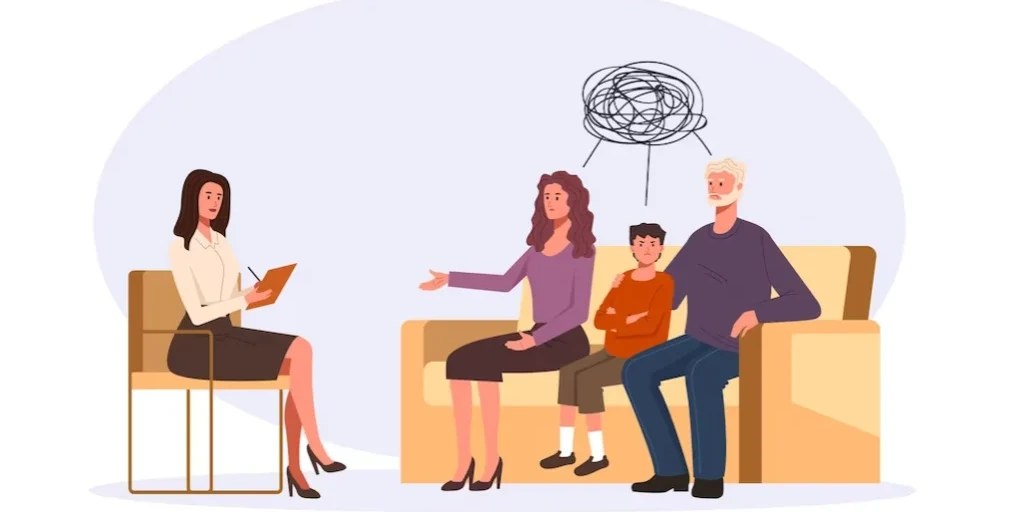24/7 Helpline:
(866) 899-221924/7 Helpline:
(866) 899-2219
Learn more about Dialectical Behavior Therapy centers in Clear Lake
Dialectical Behavior Therapy in Other Cities

Other Insurance Options

Carleon

Holman Group

Sliding scale payment assistance

Multiplan

BHS | Behavioral Health Systems

Anthem

BlueCross

AllWell

CareSource

Ceridian

WellPoint

United Health Care

Ambetter

Health Choice

Amerigroup

State Farm

Meritain

Magellan

WellCare Health Plans

Lucent








Recovery Zone
Recovery Zone is a private rehab located in Rock Falls, Illinois. Recovery Zone specializes in the t...

Prairie Ridge Integrated Behavioral Healthcare
Prairie Ridge Integrated Behavioral Healthcare offers outpatient and inpatient treatment for individ...

Mercy Medical Center – Mental Health Unit
Mercy Medical Center – Mental Health Unit is a private rehab located in Mason City, Iowa. Mercy Medi...














Adults
Adults is a private rehab located in Mason City, Iowa. Adults specializes in the treatment of alcoho...

AA – Alcoholics Anonymous
AA – Alcoholics Anonymous is a non-profit rehab located in Mason City, Iowa. AA – Alcoholics Anonymo...

Mercy Rehabilitation Services
Mercy Rehabilitation Services is a private rehab located in Mason City, Iowa. Mercy Rehabilitation S...





















































































